EPNow Presents: Proven Playbooks for Event Leadership and Execution
Day 1 of Event Professionals NOW was stacked with strategies, but few sessions lit up the chat like Devin Cleary’s “Proven Playbooks for Event Leadership and Execution.” With 18+ years leading global event teams for brands across tech, finance, and cybersecurity, Devin brought practical frameworks and people-first leadership tactics that had attendees asking for his deck on the spot.
The Power of Playbooks
Devin structured his talk around four “playbooks” that every event leader can apply immediately:
1. Getting the Green Light
Securing budgets and buy-in isn’t just about the pitch—it’s about relationships. Devin shared his Executive Experience Profiles framework: a set of questions to understand each leader’s communication style, risk tolerance, success metrics, and even personal passions. By documenting and sharing these profiles across the events team, new hires are instantly equipped to navigate executive dynamics.
Other tips:
Identify an executive sponsor (CFO or COO) who can preview plans and give real-time guidance.
Build strong relationships with executive assistants—they’re often the gatekeepers to getting things done.
Don’t underestimate recognition—small gestures, like acknowledging Administrative Professionals Day, go a long way.
2. Frameworks That Simplify Complexity
Devin introduced three event frameworks he’s refined across his career:
M-SPOT (Mission, Strategy, Playbook, Omissions, Targets): one concise slide that outlines what the event is—and isn’t.
DUC Model (Drivers, Ultimate approvers, Contributors, Stakeholders): a simpler alternative to RACI that reduces misalignment and endless emails.
Weekly Workstreams: standing check-ins where dependencies, blockers, and updates are shared transparently.
Together, these frameworks keep teams aligned, expectations clear, and planning cycles lean.
3. Thinking Like a Politician
Event leaders operate cross-functionally, and Devin urged attendees to act like lobbyists—building coalitions, winning champions, and securing influence. Skills to sharpen:
Social astuteness: know what motivates each stakeholder.
Networking: spotlight others’ contributions to build goodwill.
Image management: stay visible beyond your events.
Public speaking: show passion and energy when pitching.
Managing up: provide concise, proactive updates to leadership.
Devin also recommended creating focus groups of internal champions—respected peers who can poke holes in your plans and become ambassadors for your programs.
4. Crisis & Experience Planning
No event plan is complete without contingencies. Devin outlined a four-step model:
Establish a contingency team with clear decision-making authority.
Build a crisis grid of 20 potential issues, ranked by severity.
Run a contingency hackathon to proactively plan responses for high-risk scenarios.
Integrate contingency reviews into weekly workstreams.
On the flip side, his experience formula ensures every program balances logistics with audience delight:
Fun
Frustration management
Surprise & delight
Anticipation-building
Community-building
Human-Centered Leadership
Beyond frameworks, Devin emphasized servant leadership—recognition, growth opportunities, and mentorship. His practices include:
Encouraging passion projects outside core responsibilities.
Pairing team members with external mentors to broaden perspective.
Conducting skills audits and time audits post-event to refine processes.
Using a value scorecard (from “sunny” to “stormy”) to assess how well employees embody company values.
Why It Matters
As Lisa Gregory reminded attendees during the session wrap-up, “When you’re running user conferences, you’re running a business.” Devin’s playbooks give event leaders a roadmap for not just managing events, but scaling influence, leading with empathy, and future-proofing their teams.
📺 Watch the full recording here
👉 Join the free EPN Slack community
